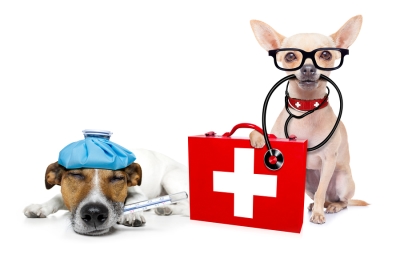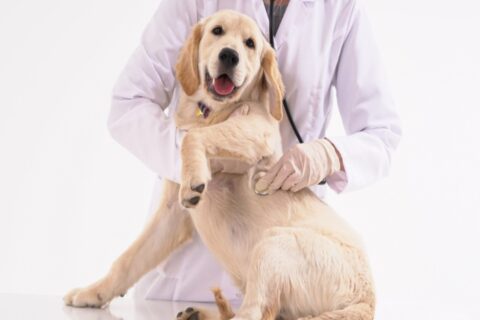When to Take Your Pet for Emergency Care
It’s not always easy to determine when your pet is in crisis and when he or she can wait until the next day for a veterinarian appointment at our emergency vet clinic in Saratoga. The prospect of seeking emergency care can be overwhelming. A general rule of thumb is if you think your pet could be having an emergency, don’t take the risk of delaying care. Instead, go to the vet for an evaluation so your pet can get urgent treatment if necessary. Here are some signs that your pet definitely should be examined right away at an animal hospital.
Breathing Difficulties
It’s never normal for your animal to have breathing difficulties. Any time your pet seems to be struggling to take a breath, bring it to the vet for diagnosis. Pets who are having a difficult time breathing may also display other symptoms, such as blue gums, coughing up a pink liquid, and stretching their necks out while trying to breathe. These symptoms are associated with a range of different urgent health problems, so getting a diagnosis and beginning treatment quickly is essential.
Major Trauma
Pets who experience a traumatic injury need to be seen by a medical professional. Any time your pet suffers an injury, take it to the emergency vet. Be especially alert to things like not being able to move normally and crying out in pain. Even if you can’t see an external injury, your pet could have a broken bone or internal injury that could be life-threatening.
Bloated Abdomen
A bloated abdomen is a sign of a dangerous condition called gastric-dilation volvulus, also referred to as GDV or gastric torsion. It occurs when the stomach twists and dilates because of food or gas. While it can happen in both cats and dogs, but it is much more common in dogs. GDV requires immediate treatment. Other symptoms include anxiety, restlessness, and non-productive retching.


